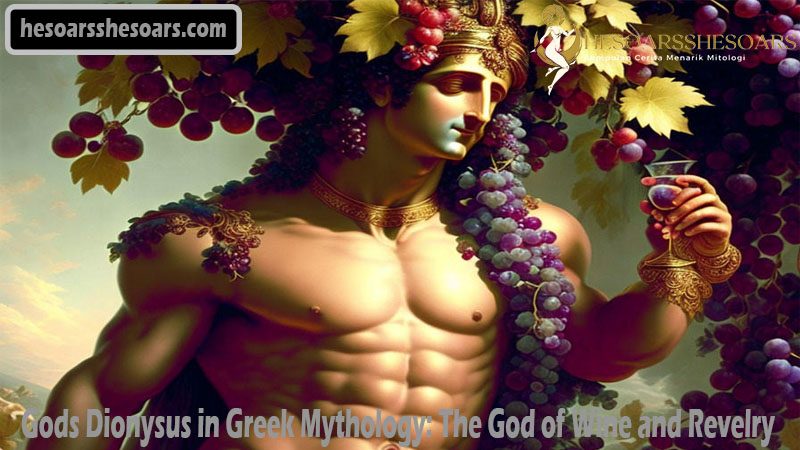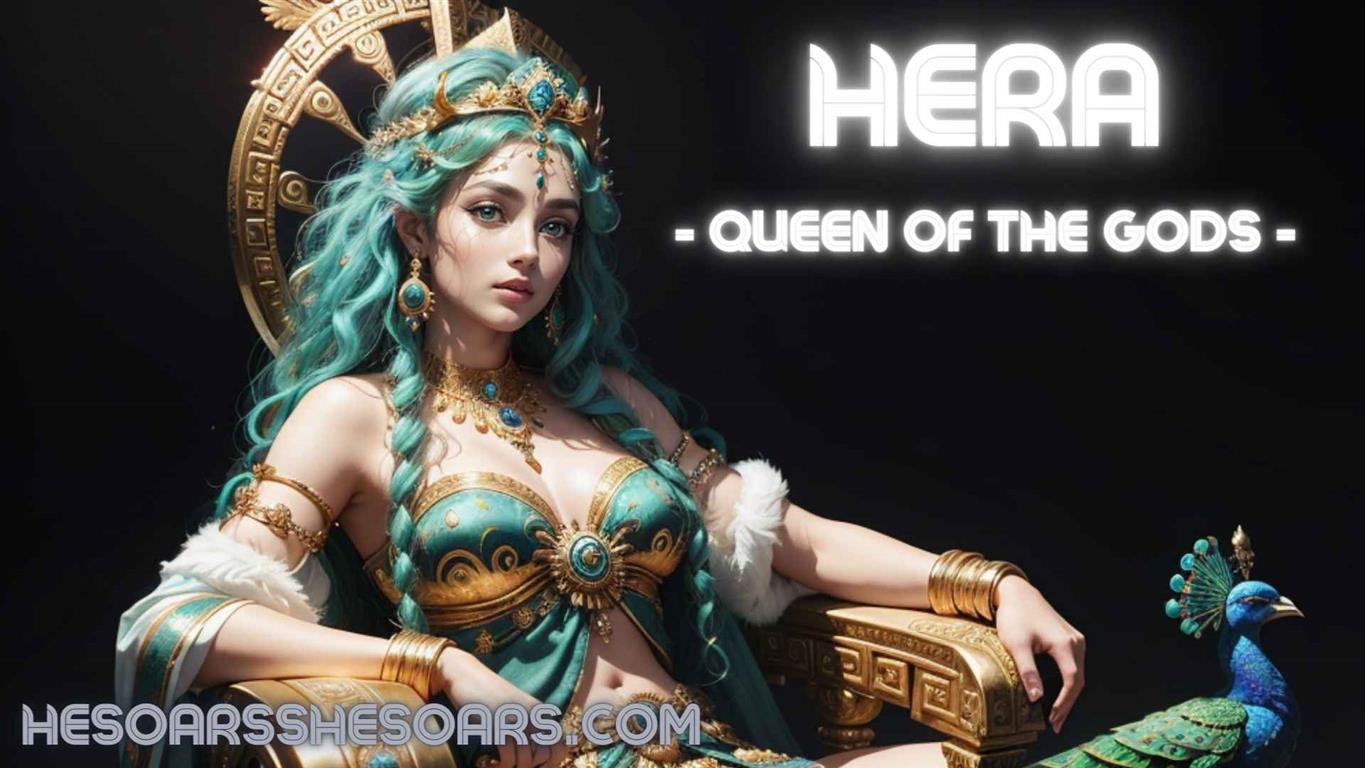Introduction Gods Dionysus
Greek mythology is replete with a diverse array of gods and goddesses, each with their unique characteristics and stories. Among these deities, Dionysus stands out as a vibrant and enigmatic figure. Dionysus, the god of wine, revelry, and ecstasy, embodies the joyous and unpredictable aspects of life. In this article, we will explore the captivating world of Gods Dionysus in Greek mythology.
The Birth of Dionysus
The birth of. Dionysus is a tale. Steeped in intrigue. He was born to Zeus, the king of the gods, and Semele, a mortal woman. However, his mother’s mortal nature made his birth an intricate affair. When Semele was pregnant with Dionysus, her jealousy over Zeus’s affairs prompted her to request that he reveal himself in his divine form. This request. Was. Granted. But the sheer brilliance of Zeus’s true form incinerated Semele, leaving only the unborn Dionysus.
Zeus, determined to protect his unborn son, sewed Dionysus into his thigh until he was ready to be born. This extraordinary birth marked Dionysus as a unique and unconventional deity from the outset.
Attributes and Symbols
Dionysus is often. Depicted as a youthful figure crowned with grapevines. Emphasizing his association with wine. He is often. Seen holding a thyrsus, a staff. Entwined with ivy leaves and topped with a pinecone. Symbolizing the lush and intoxicating properties of wine. Dionysus is also. Connected to the panther. Representing his untamed and wild nature.
The God of Wine and Revelry
Dionysus is primarily known as the god of wine and revelry. His introduction of wine to humanity was considered a gift of divine ecstasy. Wine, in the eyes of Dionysus, had the power to liberate the spirit and allow individuals to experience a state of ecstatic bliss and freedom from their everyday cares.
Dionysus’ festivals, known as Dionysia, were characterized by elaborate celebrations, processions, and the consumption of wine. The most famous of these festivals was the Bacchanalia, where participants engaged in uninhibited revelry and ecstatic worship of the god.
Dionysus as the God of Theater
Dionysus also had a profound influence on the development of theater in ancient Greece. The Athenian festival of Dionysia included dramatic competitions, where playwrights and actors showcased their talents. The term “tragedy” is believed to be derived from the Greek word “tragōidia,” meaning “goat-song,” and it was closely associated with the worship of Dionysus.
The famous playwrights Aeschylus, Sophocles, and Euripides all contributed to the rich tapestry of Greek drama that honored Dionysus. The theater was seen as a means of channeling the emotions and catharsis that Dionysus represented, making him an integral part of the dramatic arts.
Dionysus in Greek Myths
Dionysus appears in various Greek myths and stories, often as a figure who defies convention and expectation. One of his notable myths is the story of his capture by pirates. Dionysus transformed the pirates’ ship into a vine-covered vessel and turned them into dolphins as punishment for attempting to harm him. This story reflects his capricious and unpredictable nature.
Another famous myth involving Dionysus is his descent into the underworld to rescue his mother, Semele. He successfully brought her soul back to the land of the living, demonstrating his ability to traverse between realms and his deep love for his mortal mother.
Legacy of Gods Dionysus
Dionysus’ legacy endures in various forms. The celebration of wine, revelry, and the ecstatic experience continues to be a part of many cultures around the world. His influence on theater, especially the genre of tragedy, has left an indelible mark on the arts.
In contemporary culture, the Dionysian spirit is still alive, representing the pursuit of joy, freedom, and the celebration of life. The association of Dionysus with wine and festivities has made him an enduring symbol of merriment and hedonistic pleasure.
Conclusion Gods Dionysus
Dionysus, the god of wine and revelry in Greek mythology, is a deity who celebrates the vibrant and unpredictable aspects of life. His unconventional birth, association with wine, and influence on theater make him a captivating and enduring figure in Greek mythology. Dionysus reminds us to embrace joy, ecstasy, and the pleasures of life, making him a god who continues to inspire and resonate with people across cultures and generations.




